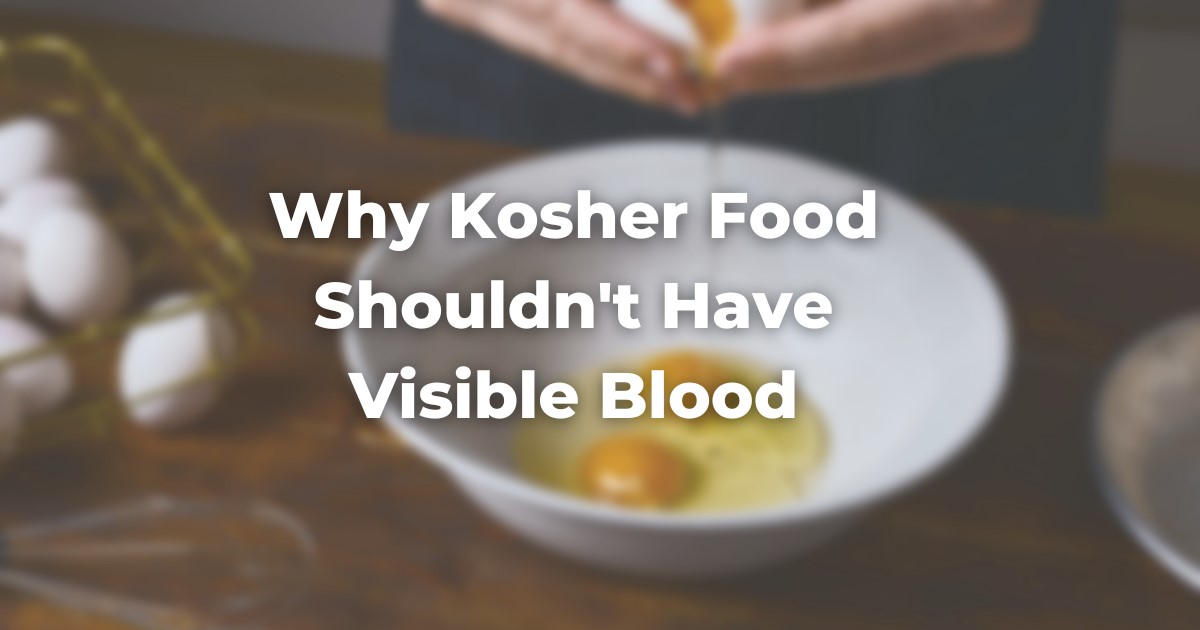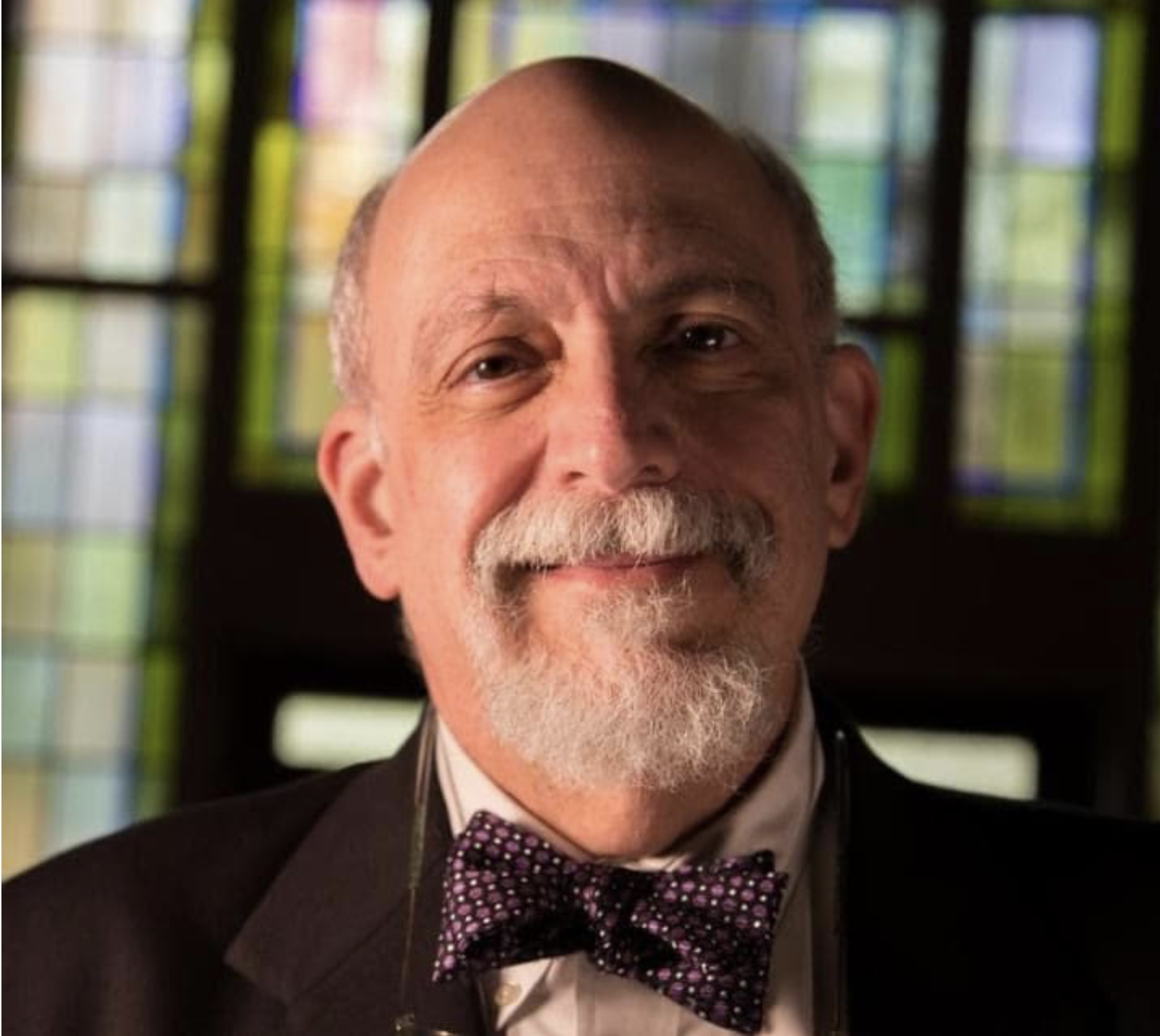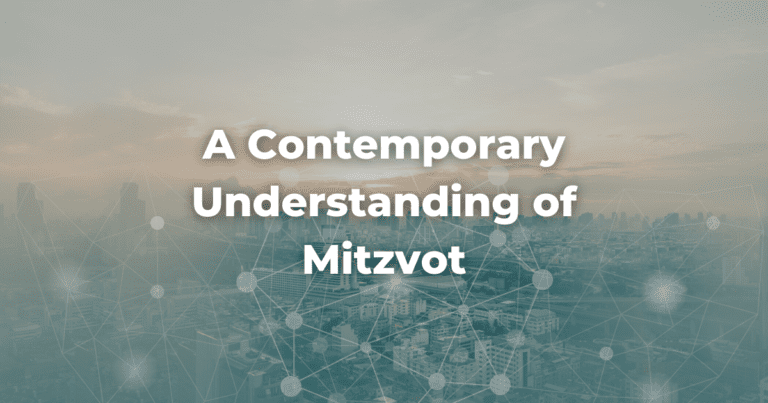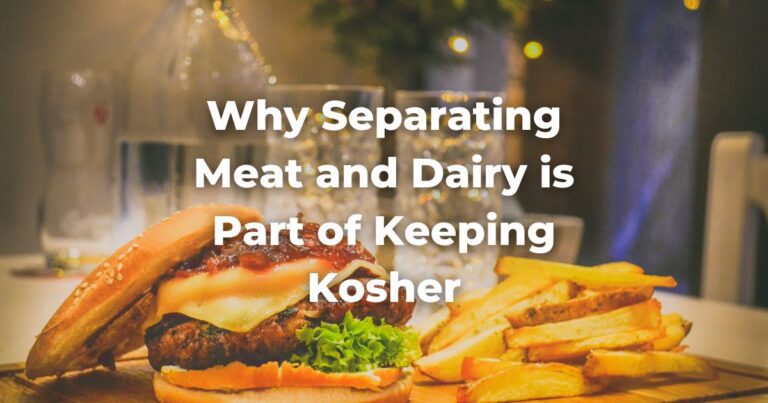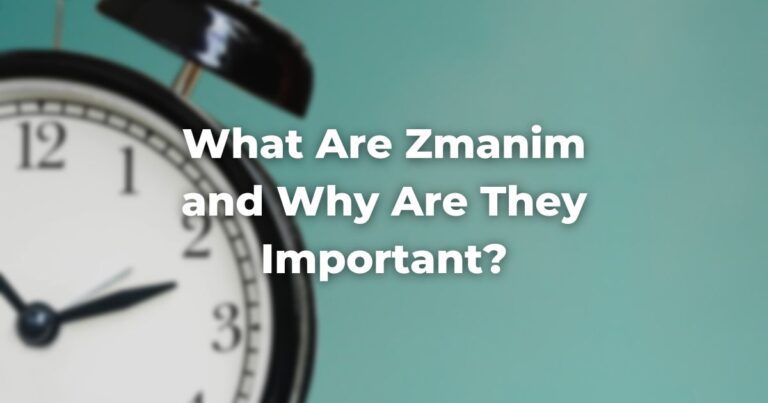Because the Torah also requires specific methods of slaughter, inspection, and preparation before acceptable animals may be eaten, determining the kashrut status of a specific species is only the first step in preparing meat for consumption.
Primary among the requirements is that blood not be consumed (Genesis 9:4, Leviticus 17:11–12, and Deuteronomy 12:23). Professor Edward L. Greenstein set forth the rationale of these laws in the following way: “The ban on eating blood is the most basic eating rule in the TorahRefers to the first five books of the Hebrew Bible, the Tanakh, also called the Five Books of Moses, Pentateuch or the Hebrew equivalent, Humash. This is also called the Written Torah. The term may also refer to teachings that expound on Jewish tradition. Read more, a notion expressed in diverse ways.
- An animal that dies naturally (n’veilah or neveilah) or at the hands of another beast (t’reifah, treifah, or treifa) may not be eaten, for its blood cannot be properly removed.
- The blood of sacrificed animals must be either collected for purification rites or drained beside the altar.
- The blood of an animal that is slaughtered for eating must be returned to God.
Killing an animal is taking a life and may be done only in a way that nods to the severity of the act by insisting that it conform to divine law. Leviticus 17:6 has the blood dashed on the altar or, in the case of an animal killed in the hunt, poured onto the ground (Leviticus 17:13).
Deuteronomy 12:16 would have the blood of all animals killed for food poured onto the ground”. The process of kosher slaughter, as well as soaking and salting meats, are designed to remove as much of the animal’s blood as possible.
One other place we still watch carefully for blood is in the yolks of eggs.
Even though there is an ongoing halakhic debate over whether such blood spots must be avoided, it is a widespread tradition to break eggs individually into a cup or bowl to inspect for blood. If there is a blood spot visible, the egg is to be discarded and the cup or bowl rinsed with water before reuse.
However, the so-called “rule of the majority” that pertains in matters of doubt concerning non-liquids applies to eggs: since the majority of eggs do not have blood spots, any specific egg is more likely than not to be acceptable in that regard.
Therefore, even strictly observant Jews may and do eat hard-boiled eggs that have not been inspected in this careful way on an egg-by-egg basis.
Adapted with permission from The Observant Life.
Authors
-

Rabbi Paul S. Drazen (1951-2018) spent two-thirds of his rabbinic career serving individual congregations and one-third on the staff of USCJ, all the while creating programs and educational opportunities to make Jewish observance and practice clear, accessible, and attainable for everyone.
View all posts -



The Observant Life: The Wisdom of Conservative Judaism for Contemporary Jews distills a century of thoughtful inquiry into the most profound of all Jewish questions: how to suffuse life with timeless values, how to remain loyal to the covenant that binds the Jewish people and the God of Israel, and how to embrace the law while retaining an abiding sense of fidelity to one’s own moral path in life. Written in a multiplicity of voices inspired by a common vision, the authors of The Observant Life explain what it means in the ultimate sense to live a Jewish life, and to live it honestly, morally, and purposefully. The work is a comprehensive guide to life in the 21st Century. Chapters on Jewish rituals including prayer, holiday, life cycle events and Jewish ethics such as citizenship, slander, taxes, wills, the courts, the work place and so much more.
View all posts

